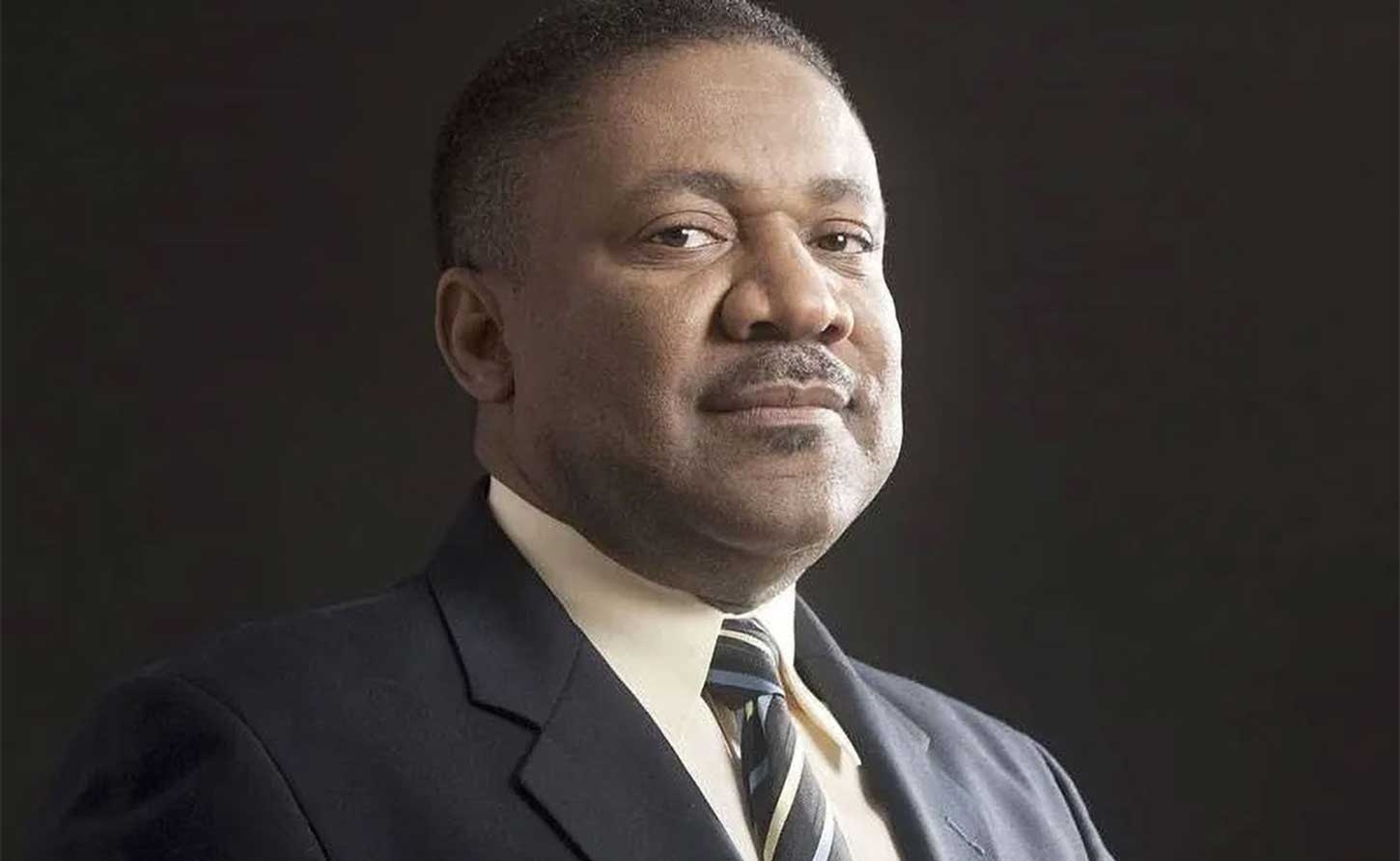JAMAICA | Power Play: Paulwell's Bold Promise to Cut Jamaica's Soaring Electricity Bills

KINGSTON, Jamaica August 12, 2025 - The numbers are brutal and inescapable. Every month, Jamaican households and businesses confront electricity bills that devour budgets and strangle economic growth.
At over US$0.40 per kilowatt hour, Jamaica's electricity rates rank among the most punishing in the Caribbean—a crushing burden that opposition energy spokesperson Phillip Paulwell argues doesn't have to be the island's destiny.
Standing before the Private Sector Organization of Jamaica (PSOJ) on Monday, Paulwell didn't just diagnose the problem—he prescribed a cure. His presentation outlined an ambitious energy roadmap that the People's National Party (PNP) promises to implement if returned to power, built on a foundation of proven success and hard-learned lessons from Jamaica's energy evolution.
A Track Record Written in Savings
Paulwell's pitch carries weight precisely because it's anchored in demonstrable achievement. During his tenure as Energy Minister from 2011 to 2016, he presided over what remains Jamaica's most successful electricity cost reduction in recent memory—a remarkable 28.13% decrease that saw rates plummet from US$0.32 per kilowatt hour to US$0.236 cents. That translates to real money staying in real pockets, money that could be reinvested in businesses, education, or simply keeping the lights on without choosing between electricity and groceries.
The bitter irony? Since 2016, those gains have been not just erased but exceeded in the wrong direction. Today's rates of over US$0.40/kWh represent a devastating reversal that has hammered both residential consumers and the private sector's competitiveness. For businesses trying to attract investment or expand operations, Jamaica's electricity costs now function as a de facto tax on ambition.
The Multi-Front Battle Plan
Paulwell's proposed solutions attack the crisis from multiple angles, acknowledging that no single intervention will solve Jamaica's energy puzzle. Chief among his priorities is confronting the elephant in the room that polite policy discussions often avoid: electricity theft.
The numbers here are staggering. In communities plagued by high transmission losses, stolen electricity forces paying customers to subsidize those who bypass the system entirely. Paulwell's strategy couples stronger enforcement with a carrot-and-stick approach, proposing solar photovoltaic installations in high-theft communities funded through concessionary financing. It's a shrewd play—give communities a stake in legitimate power generation while reducing their incentive to steal.
But the real game-changer lies in his call for a fundamentally renegotiated Jamaica Public Service Company (JPS) license. The current framework, Paulwell argues, concentrates too much power in too few hands while failing to "democratize electricity." His vision imagines a more competitive landscape where the private sector can thrive through significantly reduced per-kilowatt costs—essentially treating affordable electricity as economic infrastructure rather than profit center.
Unleashing Special Economic Zones
Perhaps most intriguing is Paulwell's focus on power wheeling and the underutilized provisions of the 2015 Electricity Act. Special Economic Zones (SEZs) were supposed to be Jamaica's answer to attracting manufacturing and services investment, yet the promised flexibility in power generation has largely failed to materialize. The Act's mandated review, due in 2020 but apparently stalled, could have empowered SEZ operators to generate their own power through amended JPS licensing.
This isn't merely technical policy tinkering—it's about Jamaica's fundamental economic competitiveness. When businesses can't rely on affordable, consistent power, they locate elsewhere. When they can't generate their own power cost-effectively, they struggle to compete with regional rivals blessed with cheaper energy.
Reviving Institutional Memory
Paulwell's commitment to re-establishing the National Energy Council (NEC) might seem like bureaucratic housekeeping, but it reflects deeper wisdom about Jamaica's governance challenges. The NEC's previous incarnation brought together government, opposition, and private sector voices in collaborative energy planning—exactly the kind of institutional continuity that transcends electoral cycles.
Jamaica's development has suffered from policy whiplash, where new administrations discard their predecessors' initiatives regardless of merit. A revived NEC could provide the institutional memory and stakeholder buy-in necessary for sustained energy reform.
The Political Timing
The timing of Paulwell's presentation—just hours before the PNP's manifesto launch—is no coincidence. Energy policy often determines electoral outcomes in small island developing states, where the monthly JPS bill functions as a regular referendum on government performance.
Yet beyond electoral calculations lies a more fundamental question: Can Jamaica afford to continue treating affordable electricity as a luxury rather than a necessity? Paulwell's proposals suggest the PNP believes it cannot, and that belief may determine whether Jamaica's next chapter is written in prosperity or perpetual struggle against its own infrastructure.
The opposition has laid down its energy gauntlet. Now comes the harder task of proving these aren't just campaign promises, but blueprints for Jamaica's economic liberation.
-30-
